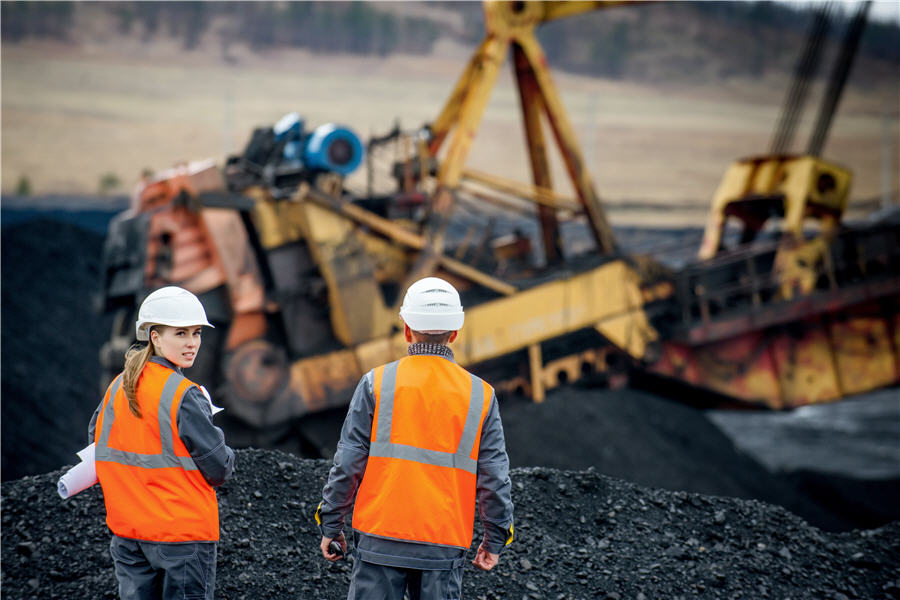Five things that have changed for mining executives looking to hire staff since 2020

The world, industries, attitudes, and many more things have changed since the beginning of 2020 and it seems we are in a new environment which has brought many challenges to mining companies and their executives.
Being in a position where I talk to many mining executives and owners, they often explain the challenges we are facing as an industry and I have identified 5 key points that are common when they are looking to hire staff:
Skills shortage
Despite many controversies around this subject, there is a skills shortage in most areas of mining where particular skills and competencies are needed. These skills and competencies are generally obtained by “being in the game” meaning it takes years to build up the knowledge and awareness to have the ability to overcome the challenges you’re faced with on a daily basis. This coupled with the start of a commodities growth period for many years to come, there will be a lag of fully skilled and competent professionals to undertake the tasks/responsibilities effectively.
Candidates attitudes
With lockdowns, country borders closing, quarantines, increasing government regulations, taxation, and more, candidates’ attitudes about where they work have changed significantly. This shift in attitudes has affected domestic and International FIFO markets where some mining professionals have decided to work in the country they live in rather than travel internationally for work. Taxation has increasingly become an issue for FIFO works as governments change their policies resulting in a change of attitude of where they work.
Salary expectations
Since 2020, many governments around the world have jointly increased the global money supply, printing currency freely to combat the changes they made because of the pandemic with lockdowns, closing businesses, etc. The result of this has led to inflation where the price of goods and services has increased significantly, meaning job seekers are needing increases in their salary just to keep in line with inflation. Also because the pool of suitable candidates for a particular vacancy is shrinking, this sometimes requires salaries to increase for a particular vacancy to get the right person, it’s supply and demand.
Logistics/travel
Many supply chains have been heavily disrupted and the lead times for goods and services have increased due to various government regulations. Candidates’ attitudes to flying have also changed as job seekers sometimes are not willing to go to certain countries or regions because of various reasons including safety. Safety in relation to external conflicts and health for instance.
Future succession plans
One of the biggest challenges mining executives are facing is sustainable growth of their companies as the demand for metals, minerals, and resources will increase significantly over the coming years and this will require more skilled and competent labour. With a significant fall in graduates studying mining-related subjects over the years and some universities pausing some courses, this will have a knock-on effect in future years where these skilled engineers and craftsmen will need to replace those that are retiring. There is a major shortfall in this which will also create a skills shortage.
This is just a snapshot of my conclusions from speaking to many industry leaders about some of the challenges they are facing.
This article first appeared on Mining International Ltd’s blog
Rob Tyson is CEO of Mining International Ltd. and host of Dig Deep — the mining podcast.
{{ commodity.name }}
{{ post.title }}
{{ post.date }}




Comments